Liêng Jrang Ha Hoang, born in 1981, is an indigenous man who has built and developed the Chư Mui brand of processed coffee products, using raw materials rich in nutrients from the fertile land of Da Nghit village, Lat commune, Lac Duong district. His goal for 2025 is for Chư Mui coffee to continue improving its OCOP ranking from 3 stars to 4 stars.
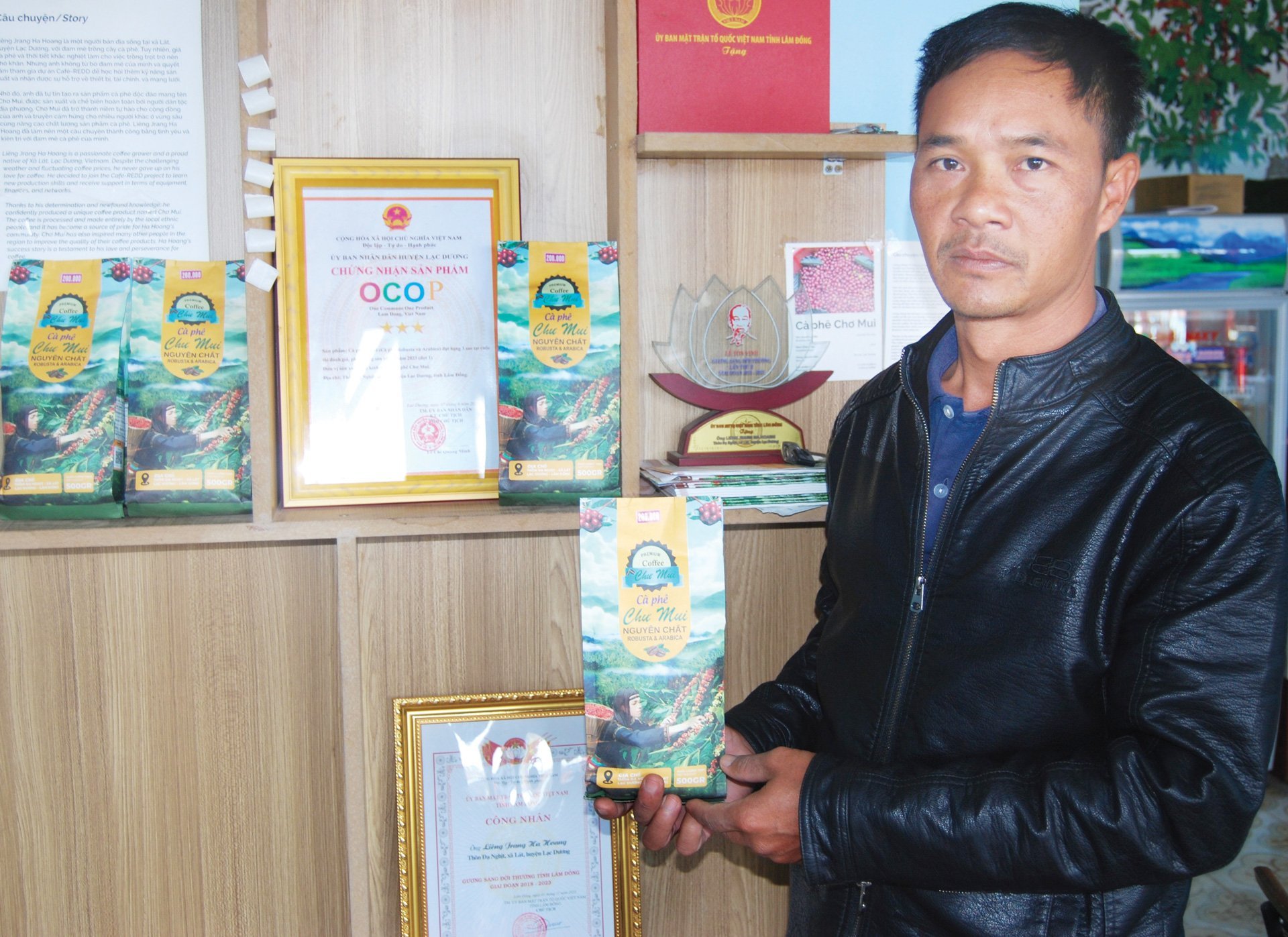 |
| Owner Liêng Jrang Ha Hoang with his processed coffee products under the Chư Mui brand. |
In preparation for the Lunar New Year of 2025, Liêng Jrang Ha Hoang's coffee roasting operations are almost continuous due to increased domestic orders and the growing number of customers visiting the shop to enjoy their coffee directly in Da Nghit village, Lat commune, Lac Duong district. The shop has two main areas for customers to experience and enjoy Chu Mui coffee: a 50 m² roasting and packaging area and a 50 m² direct brewing area. Surrounded by lush Arabica coffee plantations year-round, the area benefits from the cool weather and fertile soil. Early this morning in February 2025, Liêng Jrang Ha Hoang switched on its roasting machines, producing two batches of Arabica and Robusta coffee, each weighing 6.5 kg, filling both customer experience areas with a fragrant aroma.
Liêng Jrang Ha Hoang explained to customers that to roast and grind each batch into 6.5 liters of coffee powder, 8 kg of dry coffee beans are fed into the machine. And to select 8 kg of dry beans, 15 kg of fresh, ripe red cherries are hand-picked. The Chư Mui coffee powder processing process involves 10 main steps over approximately 30 days. Specifically, the first step involves soaking the selected ripe coffee cherries in water for a day to remove about 2% of the small beans that float to the surface. This is followed by milling the fresh cherries; fermentation; and drying on racks under natural sunlight. The final step involves removing the parchment from the beans using an automatic machine; and manually sorting and classifying the green beans for sale to customers who place orders, before roasting and grinding the coffee powder on-site. “The process of harvesting, preliminary processing, and processing Chư Mui coffee into finished products began on a small-scale, manual basis in 2019. By 2023, it was integrated into a mechanized production line for preliminary processing and processing, and continues to operate to this day,” Liêng Jrang Ha Hoang said.
Accordingly, since 2019, the Sustainable Coffee Production Project, which does not cause deforestation, has selected Liêng Jrang Ha Hoang as a pioneer in building a model for integrated production, processing, and consumption of Arabica coffee with 7 farming households in Da Nghit village, Lat commune, Lac Duong district. Each household has an average production area of 0.5 hectares, with a stable annual yield of 2-2.5 tons of coffee beans per hectare. By securing a local source of Arabica coffee, a year later – in 2020 – Liêng Jrang Ha Hoang began processing ground coffee using a semi-manual method. By 2023, with increased customer demand in many areas, Liêng Jrang Ha Hoang invested in a closed-loop system for preliminary processing, processing, and packaging of finished products under the Chu Mui brand. The construction costs for the Chu Mui coffee production, processing, and packaging facilities came from funding from various programs and projects, as well as Liêng Jrang Ha Hoang's own mobilized capital.
To date, in addition to Arabica coffee beans from affiliated farms, Liêng Jrang Ha Hoang has expanded its cooperation with many non-affiliated farms within and outside Lat commune, Lac Duong district, to purchase additional Robusta coffee beans for blending and processing according to customer needs. Specifically, Liêng Jrang Ha Hoang, cultivating 1 hectare of Arabica coffee in Da Nghit village, Lat commune, Lac Duong district, also processes and produces powdered coffee products under the Chu Mui brand. Calculations for the 2024-2025 crop year show that Liêng Jrang Ha Hoang harvested and processed approximately 2.5 tons of coffee beans, generating revenue of about 320 million VND. After deducting expenses, the profit is over 200 million VND. This represents a doubling of profit per hectare of Arabica coffee when processing it into powdered coffee – instead of just processing coffee beans as mentioned above.
Specifically, after harvesting and processing 2.5 tons of Arabica coffee beans, Liêng Jrang Ha Hoang continued to process 2 tons of Chư Mui coffee powder into finished products, generating revenue of 600 million VND. After deducting machinery depreciation and labor costs, the net profit reached over 400 million VND. Therefore, in the coming years, Liêng Jrang Ha Hoang will focus on developing the market and increasing processing capacity to diversify its Chư Mui coffee product lines, using mostly naturally grown raw materials from the Da Nghit village, Lat commune, Lac Duong district, a region predominantly inhabited by indigenous ethnic minorities in the Central Highlands.
Source: http://baolamdong.vn/kinh-te/202502/ca-phe-chu-mui-ket-tinh-duong-chat-tu-dat-lanh-074785d/










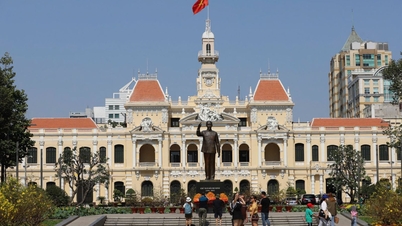









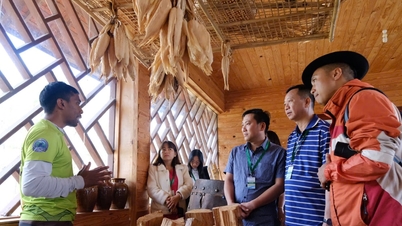



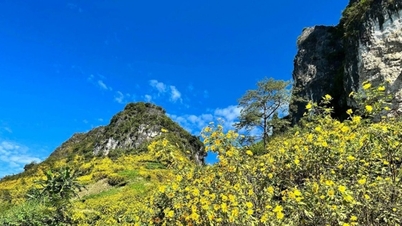















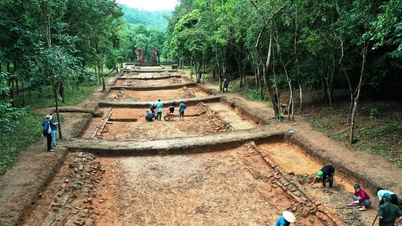











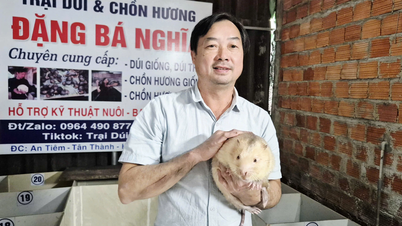

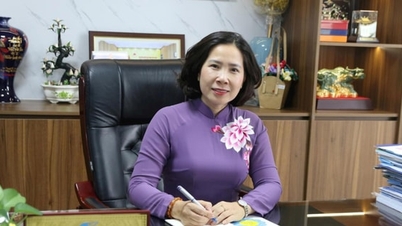















![[Photo] General Secretary To Lam meets with voters in Hanoi.](https://vphoto.vietnam.vn/thumb/402x226/vietnam/resource/IMAGE/2025/12/15/1765783098527_image.jpeg)



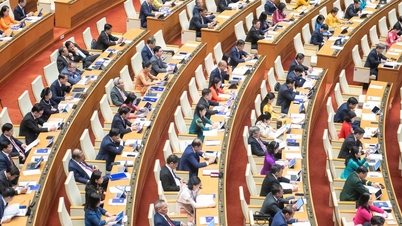
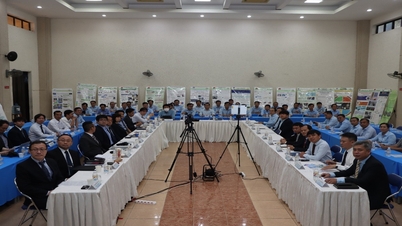





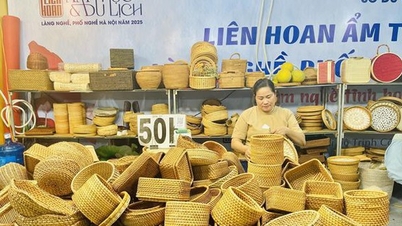


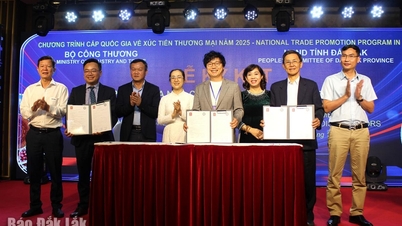








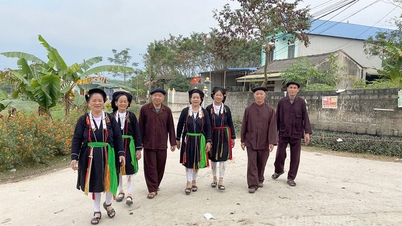














Comment (0)